In celebration of Black History Month, the International Tennis Hall of Fame (ITHF) released a digital exhibit, Breaking the Racial Barriers, which is a comprehensive look at the history of black tennis in America. The exhibit includes brief profiles of black tennis pioneers, former pros and current top pros, including tennis greats Serena and Venus Williams and Dr. R. Walter Johnson, who in 2009 was inducted into the (ITHF) as a contributor. Throughout the Australian Open, the dougsmithpost.com will recognize selected black pioneers and current players.
When Arthur Ashe won the inaugural U.S. Open in 1968, he became the first U.S. black male to claim one of the four major titles (Australian Open, French Open, Wimbledon and U.S. Open). Fifty- two years later, no other U.S. black male has duplicated Ashe’s achievement. In 1996, former pro MaliVai Washington, of Ponte Vedra Beach, FL., did the next best thing by becoming the second U.S. black male to reach the finals of a major event. Richard Krajicek, of the Netherlands, beat Washington, 6-3, 6-4, 6-3 in the Wimbledon final. “It would have been great to have been the second black (male) to win Wimbledon,” he said.
A light moment occurred before the match when a nearly nude female streaker dashed passed Washington and Krajicek who were posing at the net for photographers. Both players smiled broadly but said nothing. The streaker gave quick-witted Washington a comedic, if not plausible, excuse for losing. “She smiled at me,” he said. “She had on an apron. She lifted it up and she was still smiling at me. Then I got flustered and boom, three sets later, I was gone.”
Washington turned pro in 1989. Three years later, he captured his first of four ATP Tour titles in Memphis, TN and later rose to a career high World No. 11. Following Ashe’s example of giving back, Washington established the MaliVai Washington Youth Foundation, which provides academic assistance, mentoring and tennis instruction to low-income youth in Jacksonville, FL. “What I took from Arthur over the years is, as human beings and certainly as athletes, we have a responsibility to do more than just hit a tennis ball,” Washington said. “In one of his books, he said, and I’m paraphrasing, ‘If I’m just remembered as a tennis player, I failed.’” In 2009, the ATP Tour presented Washington with its Arthur Ashe Humanitarian of the Year Award.
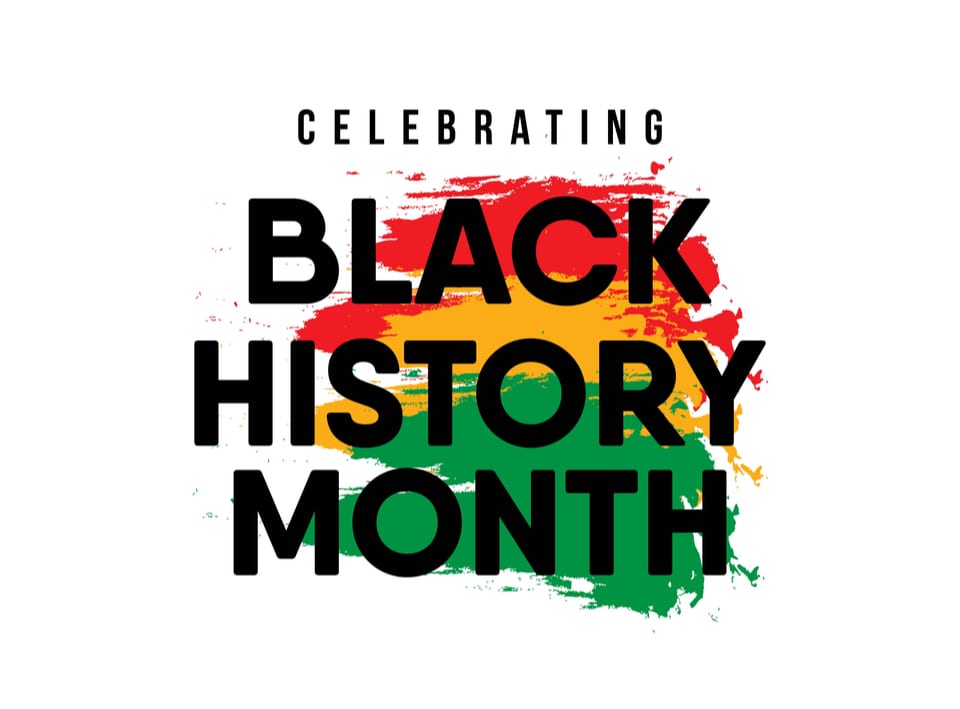
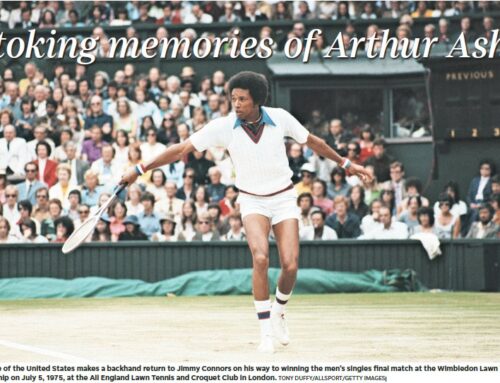
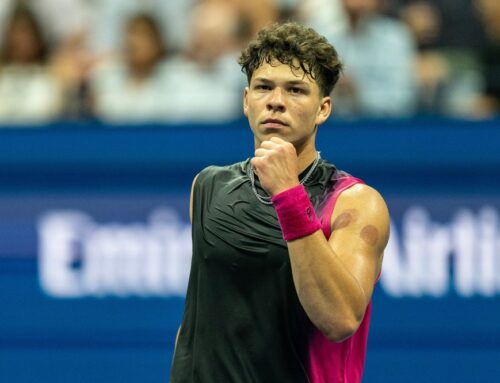
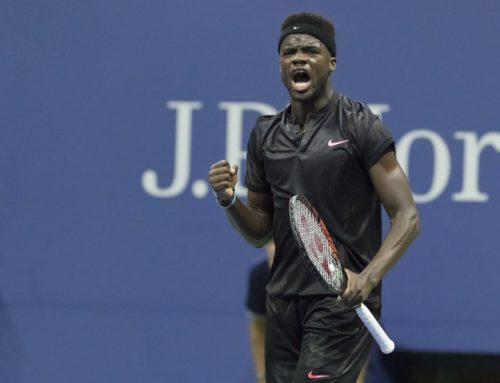
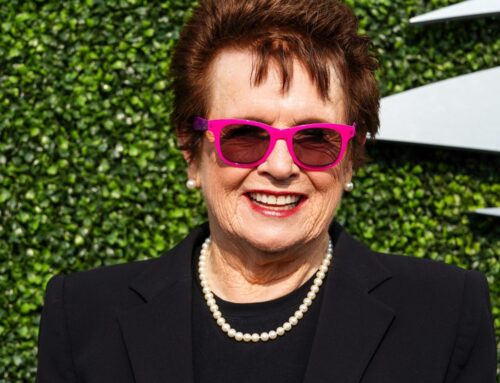
Leave A Comment